Women Field Engineers share their tips and experience – Part 4
Field engineering still tends to have a higher proportion of men than women. This is changing more in some sectors than others.
What is it like to be a woman field engineer?
In the fourth of a series, two women biomedical engineers, Rocio Anillo and Rhiannon Thurmond share their tips and experience.
Two women biomedical engineers share their experience
Field Service Engineer based in Barcelona
Rocio Anillo studied Biomedical Engineering at the University of Seville. She now works as a Field Service Engineer at GE Healthcare in Barcelona, Spain. Rocio continued her education whilst working and has an MBA from UNIDEMA.
She works on CT scanners, MRI and X-ray systems.
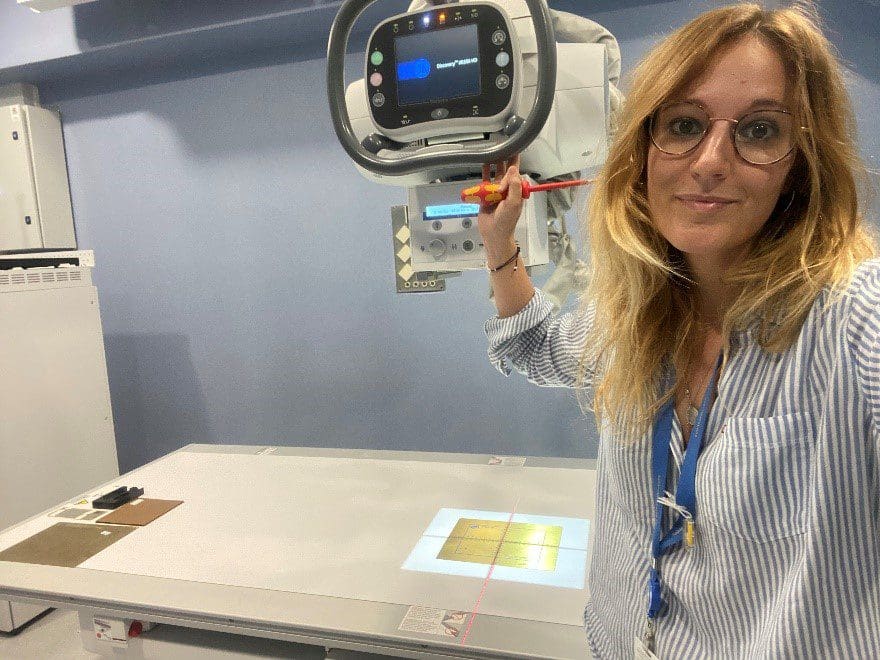

Mentors
Who were your mentors/who encouraged you?
Since I was a child, I have been very interested in electronic devices. When I started to study Biomedical Engineering, I feel that I would like to work in a hospital maintaining and repairing medical equipment.
To start with, I thought that this field was only for men. However, my mother is an engineer as well. She encouraged me and transmitted to me the love of working in the field even when women were not doing so. Managing heavy parts and using screwdrivers, were not very acceptable by society.
I had the opportunity to join the GE team as a Field Service Engineer and I accepted. Looking back, I think it is the best choice I have ever made. However, I also recognise that at first it wasn´t easy because I started to work with old men and old customers who were not very optimistic about my skills.
Safety for women biomedical engineers
What advice would you give to women field engineers in terms of safety/security/being out in the field?
For me the most difficult thing was to get confident using certain electrical shock prevention safety systems which require the use of an electrical/mechanical lock out. I recommend reading the service manual in detail and asking for clarification of every single doubt or question that you have. This will develop your confidence in the field and will also mean that you have the safety tools in good condition.
The other thing which can be an issue is safety and protective clothing. It is hilarious but I am still having problems finding gloves in XS size in the stores.
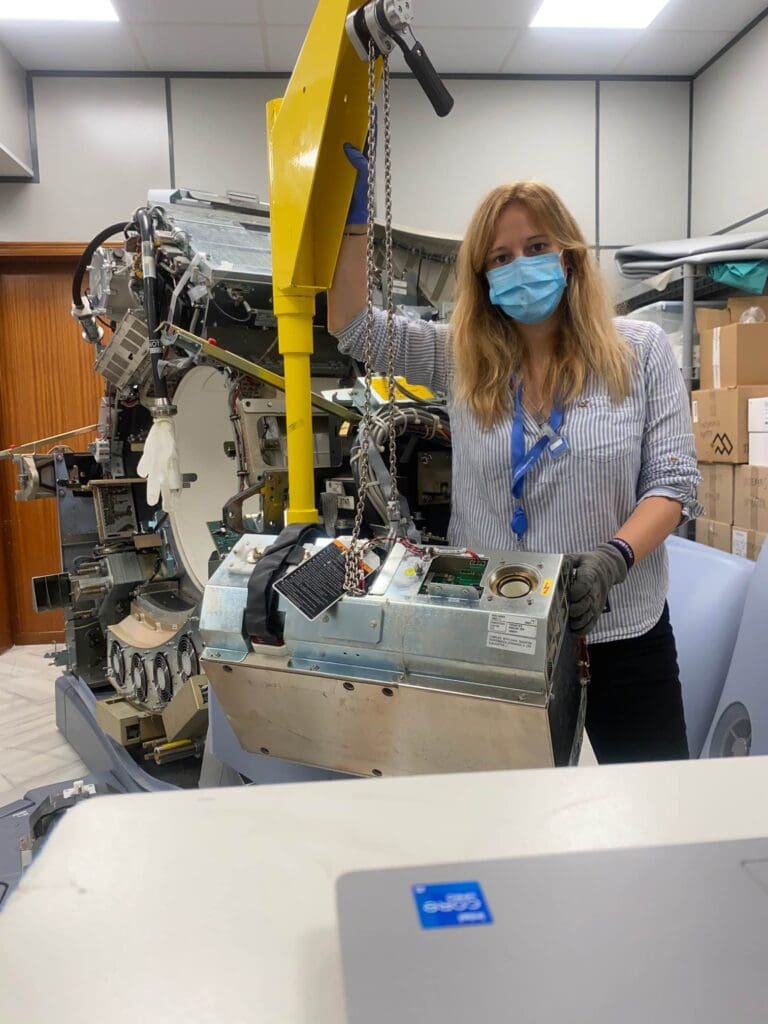

Confidence for women biomedical engineers
What are your tips for feeling confident and not out of place?
It’s true that for women working in the field as an engineer requires you to have a lot of self-confidence. This is because sometimes customers don´t think that you are able to do certain things. For instance, maintenance of a CT scanner which includes demount and mount of heavy parts of the device.
For me, staying in touch and talking about that sort of situation with other women in field service has helped me to develop in my job. It has given me the extra level of confidence that you need as a woman. Having this confidence means that I can demonstrate to the customer that I am able to carry out work on their equipment successfully. With confidence, you feel comfortable working with these kinds of heavy and dangerous equipment.
In my experience, once a customer sees you repairing the device with confidence, they automatically feel confident in you.
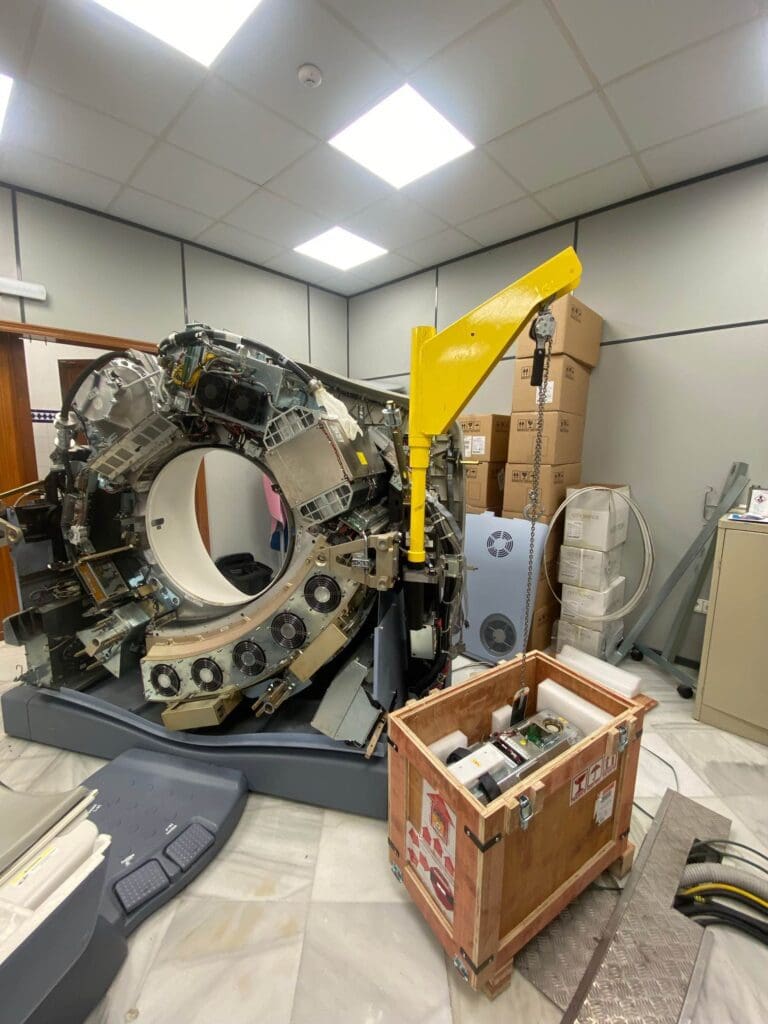

Field Service Engineer from Texas
Rhiannon Thurmond has worked in the biomedical industry for over 16 years both in-house and as a field service engineer. She works for Associated Imaging Services and is based in Texas.
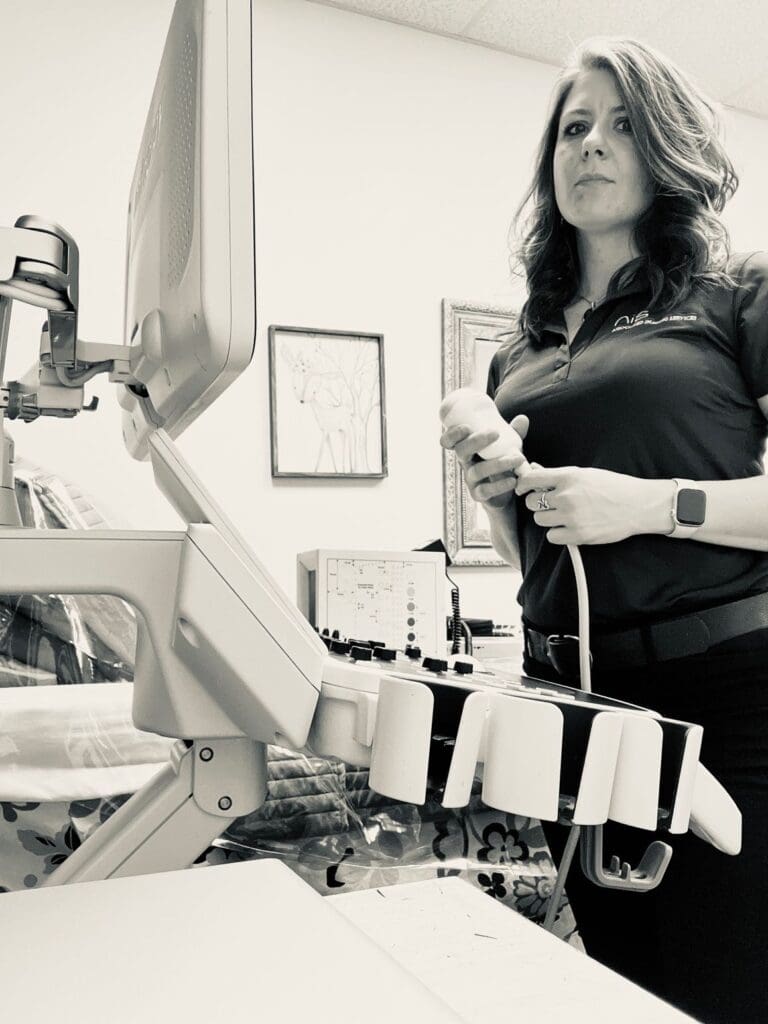

Mentors
Who were your mentors/who encouraged you?
Grandmother
My Grandmother played a big role in me going to college and finding a role in the healthcare sector. She was a traveling nurse who never gave up on learning and helping others.
By the time she passed away at 91 she had 4 doctorate degrees and had made quite the name for herself traveling around the country during the war as a traveling nurse. As she got older, she continued her education and began teaching the next generation of nurses.
My grandmother taught me to:
always be prepared
learn all that I can
be confident in whatever choices I make
Confidence will take you places and being prepared will set you up for success. She told me to dream big and never settle for mediocrity – a woman with needed skills will always find her way. Working in healthcare, you will always find a role that will be useful and purposeful.
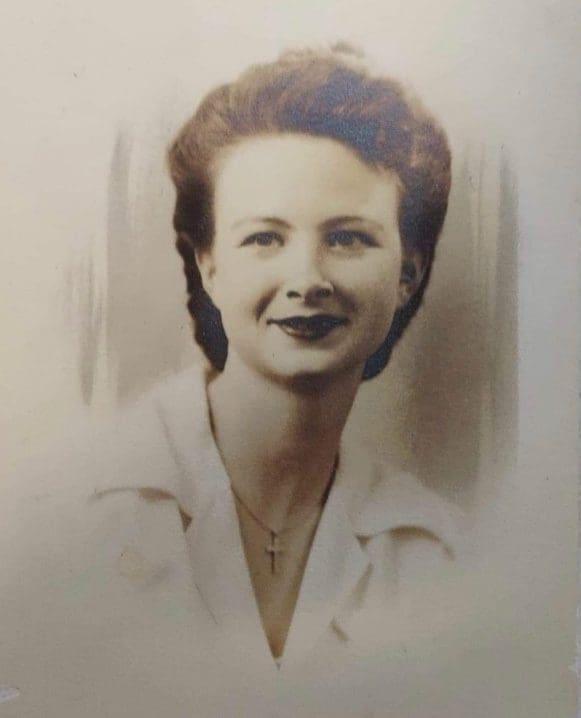

Mother-in-law
Another big inspiration was my mother-in-law. She was an ER Trauma nurse and I lived with her while completing my senior year in high school.
My mother-in-law also encouraged me to go into the medical industry and when I was trying to figure out what path to take, I asked her what her advice was. She knew I was mechanically inclined and told me that she really counted on the Biomeds at her hospital to repair her medical equipment. My mother-in-law thought that I would enjoy working in the fast-paced role of healthcare / IT/ Medical device repair work.
She said she had never seen a woman in the hospital but that I could change that.
Something about being a woman in a male dominated field really sparked a light in me so I investigated the biomedical equipment technology program at Texas State Technical College and after 2 semesters decided, yes, this is what I would like to do!
Engineering dreams for women biomedical engineers
What advice would you give to a woman considering field engineering?
Some advice I would give to other female engineers is:
Do not ever let someone tell you that you are not capable of achieving your dreams- you are the only deciding factor in that!
If you want to dive in and become an engineer, do it and do it well. Early on I noticed that I did have to prove that I knew what I did more than males. For instance, I had to perform tests that counterparts did not, to prove I knew what tools were, how to use them and their proper names. I did those tests, passed them all and noticed a trend. The trend was that the peers that didn’t take the test didn’t know the tools as well as me. I did and so I learned and advanced.
I was told in college:
“Ma’am, those solder points look messy please re-do them.”
I looked at my work confidently and knew my work was good after looking over my shoulder at my peers. So, I resubmitted it to my professor without change and miraculously got a 100 grade.
Manuals
I read a lot of service literature. Often, I give myself a window of time before I go into a job site to review documents, so I know what to expect. Then, I can speak knowledgeably and think critically when in front of the device I am servicing.
Don’t get into your own head because you are a woman in engineering that you won’t be successful. Stop thinking like that.
Simply learn all that you can and be the example you want to be.
In my mind actions speak louder than words and if you can apply your skills then let your work speak for itself.
Onsite visits
What are your steps for a successful onsite visit?
There are six steps:
Identify the problem: ask good questions
Do your homework: read manuals/ have passwords ready/ know your resources and tools available before you go to job
Call for parts prior to leaving the device if feasible (If not make sure you have photos of all relevant issues on hand)
Have a solution ready before you bring up the issue
Communicate clearly
Follow up
Confidence for women biomedical engineers
Following in my grandmother’s footsteps, I remember the talks growing up about being confident and how it will take me places.
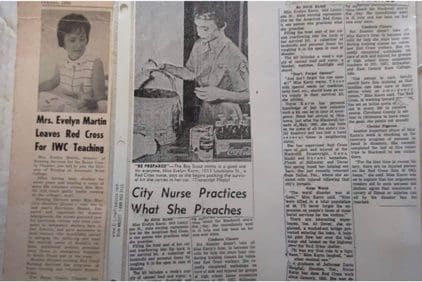

The only way to be confident is to really know what you are talking about and to:
read books/manuals/theory of operation
ask good questions
take great notes and also itemize the notes
My notes are collated in a way that I can easily find them when needed the most. I often refer back to my notes and they continuously adapt over time as I find things to add.
Communication skills
Confidence also comes from being able to communicate well so that we can communicate issues in a way that is easily understood. This particular topic has been very helpful in my career.
If we can’t voice our concerns and be proactive in finding solutions for our concerns, when ready to speak, then you will not be able to solve the problems efficiently.
Work on those soft skills like communicating with confidence and emotional Intelligence. LinkedIn has a lot of great learning classes you can review while driving or mowing the lawn.
One of my first biomed directors gave me a solid piece of knowledge that has stuck with me over the years:
“If you have a concern that needs to be addressed – first give me something that you may see as a solution for that issue”.
I took that piece of advice and am running with it through the rest of my career and life. By pragmatically thinking of solutions before I come to my boss or a client with an issue then I am already ahead of the curve to getting a resolution.
My clients thanked me for it, my bosses saw it as a real win, and it helped me advance in my career as a Field Engineer.
The future of women as biomedical engineers
I am really excited to see more Women get into engineering roles. I would encourage any female out there who wants to become a field engineer to do so. Learn all you can and lift up as many others as you can along the way. Be the voice for other women while you pursue your dreams. A digital voltmeter doesn’t discriminate on who holds it – just that you know how to use it properly and safely.
Further Reading
Women Field Engineers share their tips and experience – Part 1


Responses